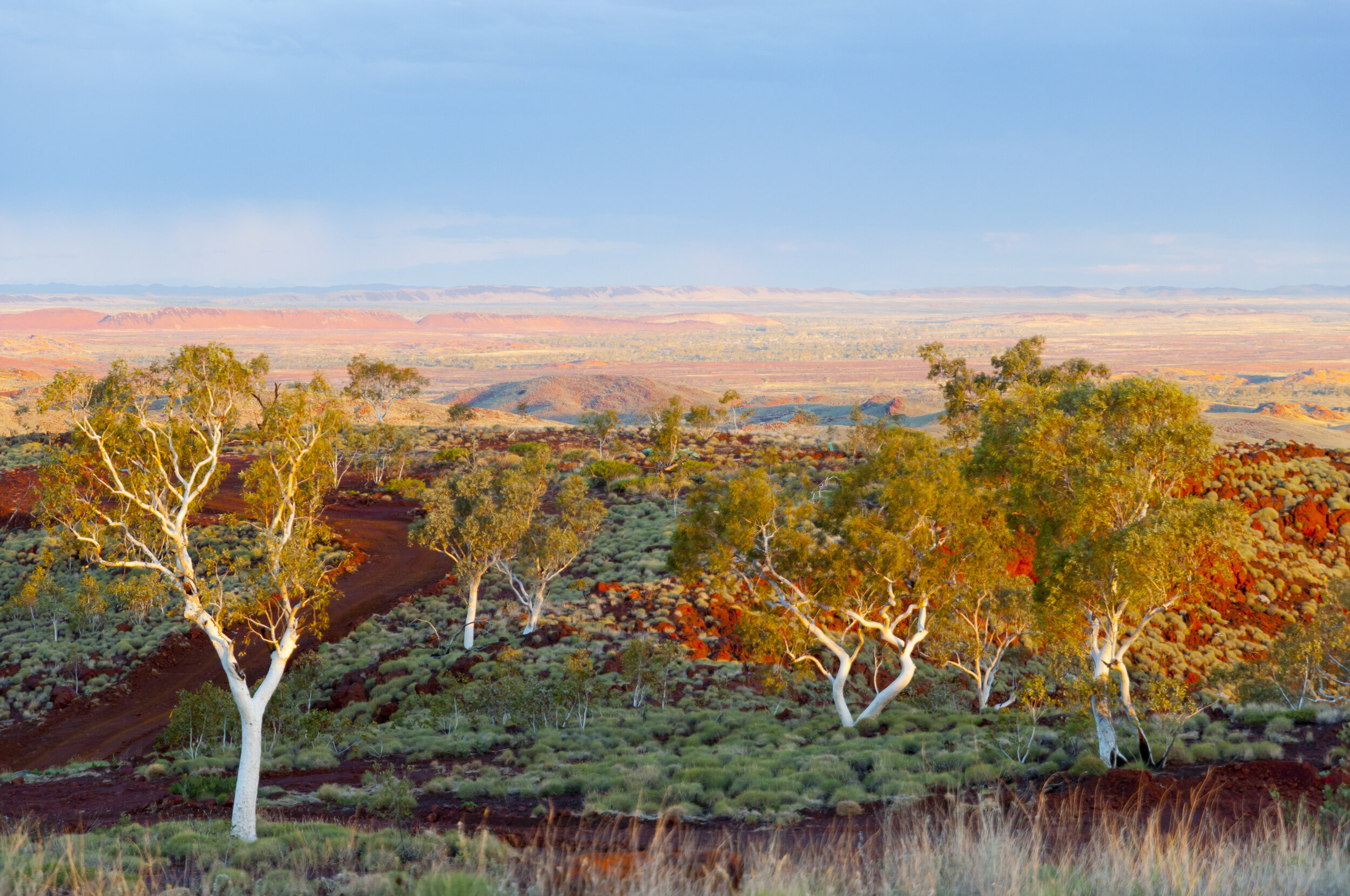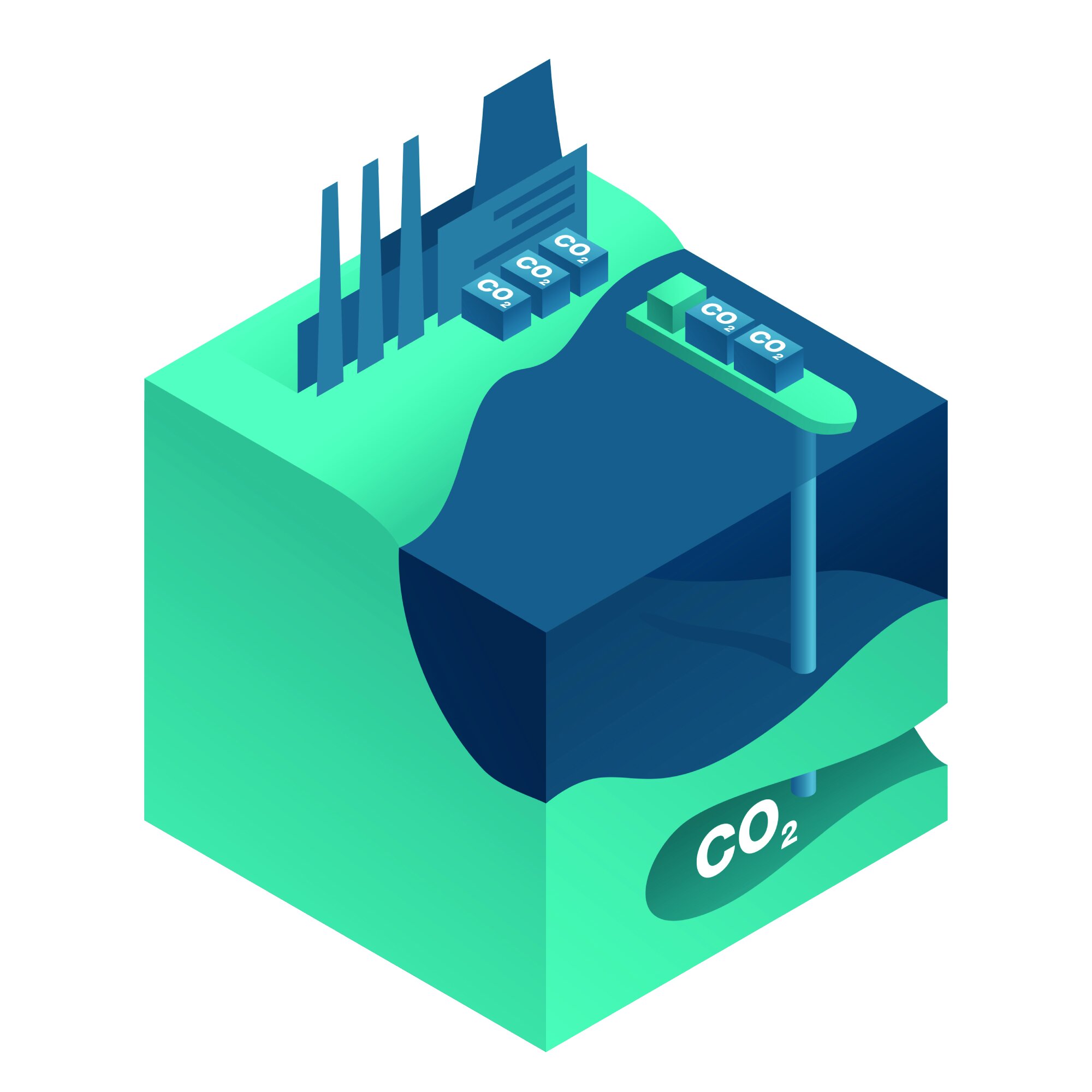Why Carbon Capture & Storage?
CCS is a game-changer to address climate change
It is one of the few technologies able to adequately mitigate CO2 from fossil fuel industries, and the only technology capable of reducing large-scale emissions from myriad industrial sources.
According to United Nation’s IPCC and International Energy Agency (IEA), between 12% and 20% of global CO2 emissions need to be captured and stored if we are to meet “net-zero” emissions as per the United Nation’s Paris Agreement.
This means that approximately 0.61 billion tonnes (Gt) per annum of CO2 will need to injected by 2030 and by 2050 that increases to 4 Gt of CO2 injected per annum. The CStore1 project is planned to inject 1.5 to 7.0 million tonnes of CO2 per annum (this annual injection capacity will be assessed and validated in the subsequent development phase). This equates to approximately 600 to 2,700 CStore1 projects, respectively.
CCS technologies offer significant value in the transition to “net-zero” emissions
CCS can be retrofitted to existing power and industrial plants, which could otherwise still emit 8 billion tonnes (Gt) of CO2 in 2050.
CCS can tackle emissions in sectors where other technology options are limited, such as in the production of cement, iron and steel or chemicals, and to produce synthetic fuels for long-distance transport (notably aviation).
CCS is an enabler of clean least-cost low-carbon hydrogen production.
CCS can remove CO2 from the atmosphere by combining it with bioenergy or direct air capture to balance emissions that are unavoidable or technically difficult to abate.
deepC Store’s Value Proposition
deepC Store brings the following value proposition making it well placed to develop the flagship CStore1 project and other CCS projects:
Extensive commercial, technical and regulatory approvals expertise to develop offshore and onshore major capital projects in Australia.
Strategic partnerships with global tier one research and energy companies to develop and operate CCS projects, and to establish CCS relationships with countries and companies that can result in third party volumes for CCS projects.
Extensive and established networks with all the owners of the permit holders of suitable depleted oil and gas reservoirs and aquifers located in offshore WA, NT and Victoria regions.



